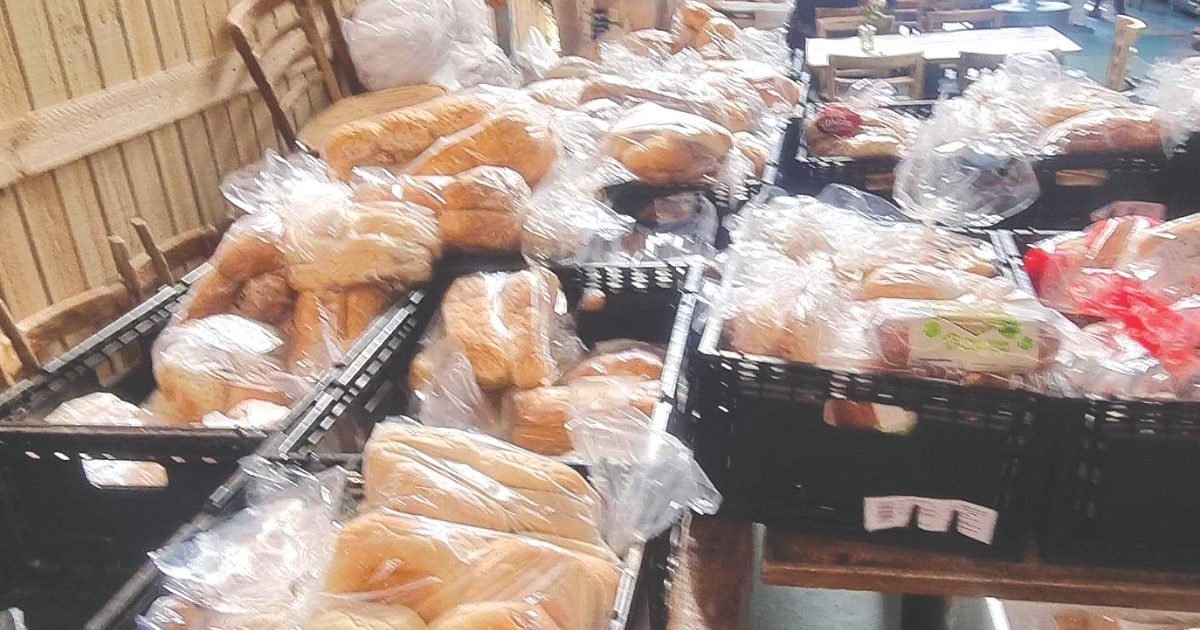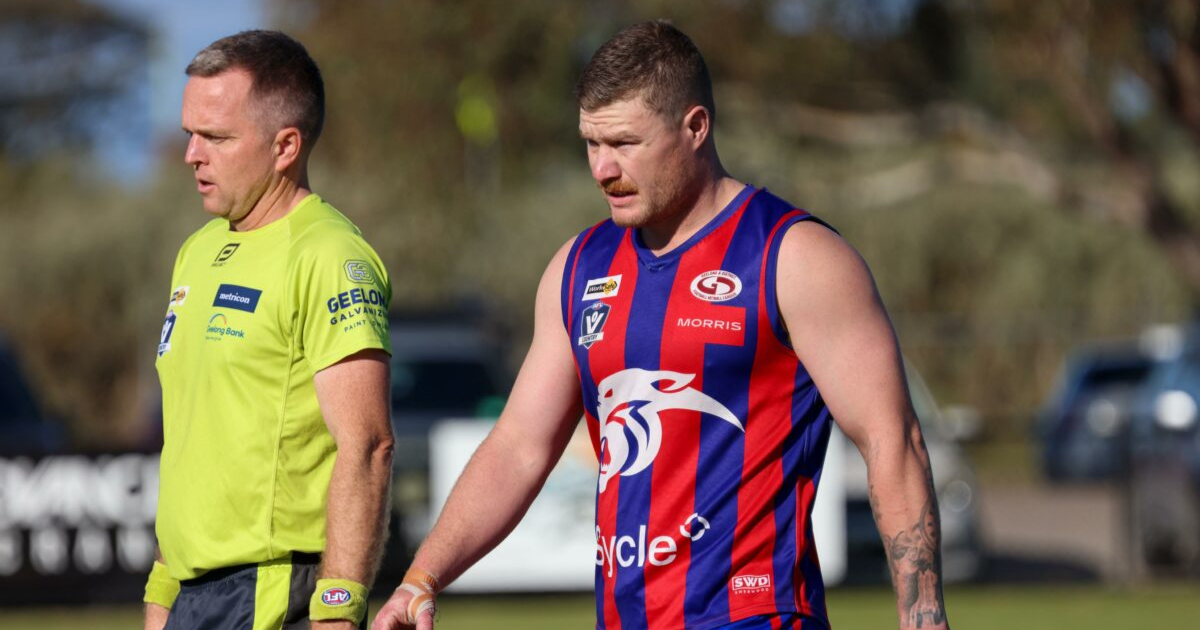Volunteers urge greater action against grass species invading coast

Bellarine Friends of the Hooded Plover volunteers (L-R) Pam Addie, John Murray and Christine Rees. Photo: ELLIE CLARINGBOLD
THE loss of two newly hatched Hooded Plover chicks at Point Lonsdale over the New Year has prompted calls from local volunteers for greater assistance to tackle the invasive grass species, such as sea wheat-grass, continuing to wreak havoc along the coast.
An introduced species, sea wheat-grass has a dense system of roots that trap and stablise sand, altering the shape of sand dunes by creating steep drop-offs in the dune system when high tides and large swell events increase wave energy up the beach.
These steep drop-offs can have a significant impact on the local hooded plover population, reducing the areas in which they are able to nest and blocking their escape from the beach during high tides.
Bellarine Friends of the Hooded Plover volunteer Christine Rees said the Point Lonsdale chicks were doing well until tides reaching 1.6 metres hit the beach on New Year’s Eve.
At the time, the chicks were just 11 days old.
“Because this stretch of beach is so affected by the sea wheat-grass with these cliffs, the tide would have come up…and the chicks wouldn’t have had any where to go,” Ms Rees said.
“They’re so tiny, they’re trapped, and the tide would have got them and washed them away, and then they would have drowned because they just can’t climb up that cliff.”

John Murray has been supporting the hooded plover population between Collendina and Point Lonsdale since 2006, when the conservation program to boost the shorebird’s rapidly declining numbers was first established and sea wheat-grass had not yet found its way to the region.
“I’ve seen it come in and I’ve seen the damage that it’s done,” he said.
“The sea wheat-grass have really exacerbated that problem with the sand cliffs, so this breeding season it’s been really, really obvious that it’s a problem for the chick’s breeding.”
And it’s not just the hooded plovers that are affected by the weed, as the grass species continues to reduce the habitat available to other shorebirds, like the similarly vulnerable fairy tern and the Australian pied oystercatcher, as well as the recreational space available to humans.
“It’s such a big problem now, we need to throw all our resources at it,” Ms Rees said. “We’d like to do something, but we just don’t have the resources to do it… it can’t be left to volunteers.
“We would love all the agencies…to start putting some funding towards this issue because it’s really difficult to keep trying to increase the numbers of these endangered birds if they actually haven’t got any habitat to live in.”

To help counter the issue, the City of Greater Geelong has been undertaking a sea wheat-grass spraying trial, along a 500m section of beach at Collendina.
The trial aims to effectively controlling the environmental weed and recreate a gentler slope from the dunes down to the beach’s high-water mark.
“If the trial has a positive impact on beach morphology, we aim to extend the treatment to other sections of beach close to known hooded plover breeding areas,” the city’s executive director of city infrastructure James Stirton said.
“While we have the budget to control the sea wheat-grass along small sections of beach at Buckley Park Foreshore Reserve, a much larger budget would be required to control the weed across the entire infested area.”
The Borough of Queenscliffe said it was also working closely with local environmental groups, like the Bellarine Catchment Network, to manage the invasive grass species and protect the hoodie population in its catchment area.
But the borough faces its own funding challenges and must seek out grant opportunities from the state government to undertake and expand these efforts.
“Council is aware of the impact the sea wheat-grass has to the habitat of the hooded plovers, at the moment however, our resources go toward funding the management of invasive predator species and education campaigns to help the hooded plovers,” a spokesperson said.
“Sea wheat-grass does not pay attention to boundaries, so any efforts to address this need to be joined up and requires a lead authority.”

















